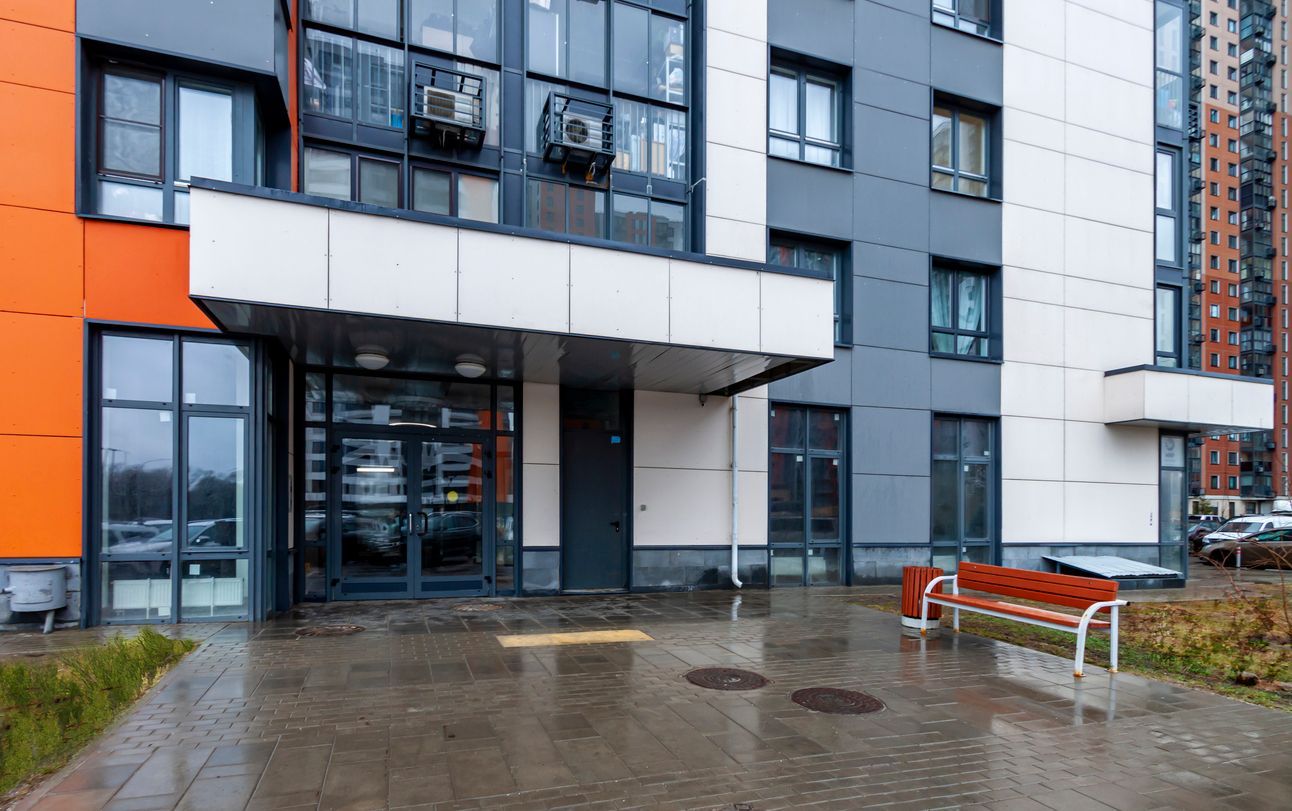What do I need to know about the legal process?
At Aaron Waxman & Associates, we believe that our clients should understand how the legal process works.
We want our clients and those considering hiring a lawyer to gain an understanding of what is involved in proceeding with a lawsuit.
This blog post will cover the various steps in a lawsuit.
The Initial Interview
At our firm, we offer a free initial consultation and we work on a contingency fee basis, meaning we only get paid when you get paid and we do not charge any ongoing or upfront legal fees.
When you are seeking out a legal representative, you should consider the qualities that are most important in a lawyer.
You should consider the following:
- Recognize that lawyers are busy professionals, but the lawyer you want to sign on with must be approachable;
- Your lawyer must talk to you, not at you;
- Your lawyer must listen to you and your concerns;
- Your lawyer must speak to you and explain things to you in a way that you understand (i.e. make sure you understand the terms of the retainer agreement);
- Your lawyer must be candid;
- You should be able to call the lawyer after the first meeting if you have any questions;
- You should expect to receive a “welcome” letter from your lawyer within 14 days providing you with an overview of the legal process and important information;
- You are entitled to receive a copy of the retainer agreement.
As a client, you should come prepared to an initial meeting, in order to help your lawyer commence the lawsuit as soon as possible:
- You as a client should be honest;
- At the first meeting, bring any information/documentation that you think could be relevant;
- Prepare a list of questions before you meet the lawyer;
- You should feel satisfied with the information you received at your initial meeting.
Gathering information
Once you have signed the retainer agreement and hired your lawyer, you will be asked to sign authorizations that allow your lawyer to request various documents to support your case.
Your lawyer will request documents such as:
- family doctor’s records
- specialist records
- hospital records
- treatment records (physiotherapy, massage therapy, psychologist records etc.)
- prescription records
- tax returns
- employment file
- WSIB File (if applicable)
- EI File
- CPP Disability file
These documents will likely be provided to the insurance company/their lawyer.
Initiating the Lawsuit
Your lawyer will commence a lawsuit by preparing a Statement of Claim and issuing it in court. A Statement of Claim is a basic outline of the statement of facts between the client and the insurer/defendant.
Who is the defendant?
In a personal injury lawsuit, the defendant is the third party responsible for the motor vehicle accident or the owner/occupier of a property in a slip and fall case. In an employment matter, the employer is the defendant. In a disability claim, the insurance company is the defendant.
The insurance company/defendant will appoint a lawyer once they have been served with the Statement of Claim. The defendant has to provide a response, known as the Statement of Defence. There are deadlines to respond to the Statement of Claim.
Document Disclosure
After the court documents have been served, your lawyer will forward copies of all documents that are not privileged (covered by lawyer-client confidentiality) to the defence lawyer (medical documents, employer, tax returns). This is known as documentary disclosure.
Your lawyer prepares what is called an Affidavit of Documents, which is essentially a list of all the documents that are producible. The documents are referred to as “Schedule A” documents.
Schedule “A” documents are exchanged between parties before examinations for discovery.
Examinations for Disovery
Discovery is a step in the legal proceeding that provides the defendant’s lawyer with an opportunity to meet you and discuss your claim with you, and see you as a person, not just as a claim number.
Your lawyer will spend time with you to prepare you before the discovery and give you a sense of what type of questions you will be asked.
During discovery, the defence lawyer requests information and documents and promises are given to request and provide same, known as “undertakings”. Your lawyer can agree to these or can taken the requests under advisement or refuse them if they are not appropriate.
Some important things to remember about the discovery process:
- A court reporter is present and is transcribing the questions and answers so there is a written record of the discovery;
- You are under oath and it is important to provide honest, straightforward answers;
- If you realize any information you have given is incorrect, you are under obligation to inform your lawyer and put the corrected information in writing so your lawyer can correct the record;
- Examination for discovery can take 1 day for a plaintiff (about 5-7 hours);
- You are entitled to ask for a break, it is not an endurance contest;
- Never feel embarrassed to say you do not know the answer or to say you cannot remember something;
- If you require an interpreter, one can be arranged - it is better to have one if English is not your first language as it is important you understand the questions being asked of you;
- A discovery is the best place for the defence lawyer to understand who you are and how your car accident/slip and fall, employer matter or the denial of a disability claim has affected your life.
Surveillance
You should be aware that the insurance company has the right to conduct surveillance any time without your knowledge.
Many clients are concerned that they may be watched by the insurance company while their claim is in litigation.
Surveillance is something you should be aware of but it is recommended that you continue on with activities you are able to engage in and refrain from activities that you have advised you are unable to do, and that you are medically advised not to do. Be consistent and honest with your limitations.
Medical Appointments
Your lawyer will advise you of any medical appointments that you will have to attend whether set up by your lawyer, by your insurer or by defence counsel. You must attend the appointments as scheduled.
It is important to attend scheduled appointments and to cooperate with assessments scheduled by your insurance company and defence counsel to show you are a willing participant in the legal process. They might request an assessment to determine your limitations and restrictions and ability to work or to determine how your personal injury has impacted your life.
Your lawyer may arrange a medical legal assessment for you with a medical assessor who is appropriate for your condition to obtain an expert report prior to your mediation and to support your case.
Mediation
After the discovery is over, the parties will discuss settlement possibilities. One possibility is a private mediation.
A mediator is a neutral third party whose job is to facilitate settlement by encouraging the parties to reach a common settlement ground.
As mentioned, to prepare for a mediation, your lawyer may send you for a medical assessment.
A mediation is an opportunity for the plaintiff and his or her lawyer to meet with defence counsel and the representative (s) of the insurance company. Prior to the mediation, all parties will exchange written mediation memoranda and set out their positions.
At the mediation, all parties will have the chance to make oral submissions (openings) at the outset where they can outline their client's position. After openings occur, the parties are put into "breakout rooms" so that they have the privacy to discuss offers with their respective lawyers. Part of the mediator's role is to relay the offers between the parties and to relay and questions they may have to each other.
If the mediation is successful, you will be asked to sign settlement documents and you must keep the terms of your settlement confidential.
Pre-Trial
If your case was unable to settle at a private mediation, the next phase is to arrange a pre-trial conference. A pre-trial judge will be assigned and will try to help the parties resolve the case.
The plaintiff and the insurance company representative must attend with their respective lawyers.
A pre-trial can last for an hour or longer, depending on the judge and jurisdiction.
Pre-trial memoranda are exchanged and provided to the court.
Trial
There is no guarantee or way to predict how much your case will settle for at trial or that you will win at trial therefore a trial can become very expensive and be very risky.
The party that “loses” at trial has to pay a portion of the other party’s legal fees.
If you or the defendant disagrees with the trial judge’s decision, it can take years for the case to be heard in the Court of Appeal of Ontario and the Supreme Court of Canada.
Other types of settlements
Your lawyer may also engage in settlement discussions with defence counsel before a mediation occurs or after a failed mediation. The opposing lawyer may request that your lawyer send a settlement offer to try settle your case without going to mediation or to try to settle before a pre-trial conference.
Your lawyer might prepare a settlement proposal or some type of written offer, after obtaining your instructions to do so.
Our law firm has helped many clients successfully resolve their personal injury, employment and disability claims.
We offer a free initial consultation that can be arranged at a date and time of your choosing and at your convenience.
Recent posts from our Knowledge Centre
- This blog is for informational purposes only and is not meant to substitute legal advice. Please read our disclaimer for further information.
- All of our lawyers are licensed by The Law Society of Upper Canada
- Office in Toronto and able to represent people in the province of Ontario








